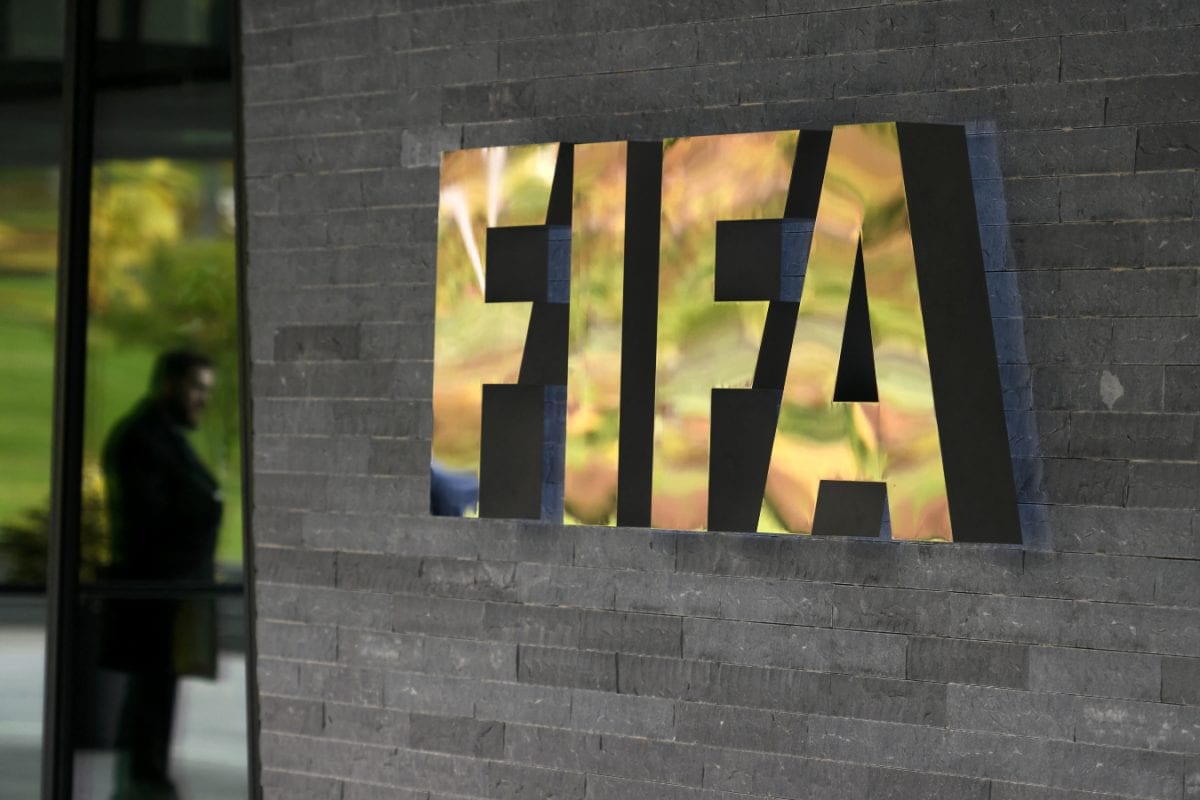

Global football clubs have shattered previous spending records, shelling out nearly $10 billion on international transfers during the recent transfer window. This unprecedented level of financial activity, detailed in a new report by FIFA, marks a significant increase of over 50% compared to the same period last year.
The surge in spending reflects the ever-growing financial power of clubs, particularly those in top leagues, and the increasing globalization of the sport. The expansion of UEFA's European competitions has also contributed, with a record number of English teams participating in the Champions League, Europa League, and Conference League. This allows clubs to invest more in players, further intensifying competition and driving up transfer fees.
England's Premier League continues to dominate the transfer market, with clubs spending over $3 billion. This financial dominance is attributed to lucrative television contracts, both domestically and internationally, that provide Premier League teams with a considerable economic advantage over their European counterparts. Nearly 40% of transfers occurred between English clubs, totaling around £1 billion, driven in part by the need to meet financial sustainability regulations.
Notably, Liverpool has emerged as a major player in the transfer market, investing around €500 million and receiving €255 million, generating a total of €755 million in fees. They broke their own club record twice, initially paying £100 million for Florian Wirtz before acquiring Alexander Isak for £125 million. Other active clubs include Chelsea and Manchester City, with total fees generated amounting to €754 million and €556 million, respectively.
While men's football continues to command the lion's share of transfer spending, the women's game is also experiencing significant growth. Over 1,100 international transfers were recorded in women's soccer, totaling more than $12 million in fees. Lizbeth Ovalle's move to Orlando Pride set a new record in women's football, with a fee of $1.5 million. In 2024, clubs spent USD 15.6 million on transfer fees, which is more than twice the amount in 2023. The number of international transfers also reached a record high of 2,284 in 2024.
FIFA views this increased activity in both men's and women's football as a positive sign of the sport's continued global growth as 2026 approaches. FIFA is actively involved in ensuring financial transparency, integrity, and fairness in global football. Through the Transfer System, FIFA aims to promote compliance, prevent fraudulent conduct, and guarantee essential payments reach deserving clubs. The number of international transfers in amateur football also reached a new record of 53,679 in 2024, an increase of 4.3% compared to 2023.